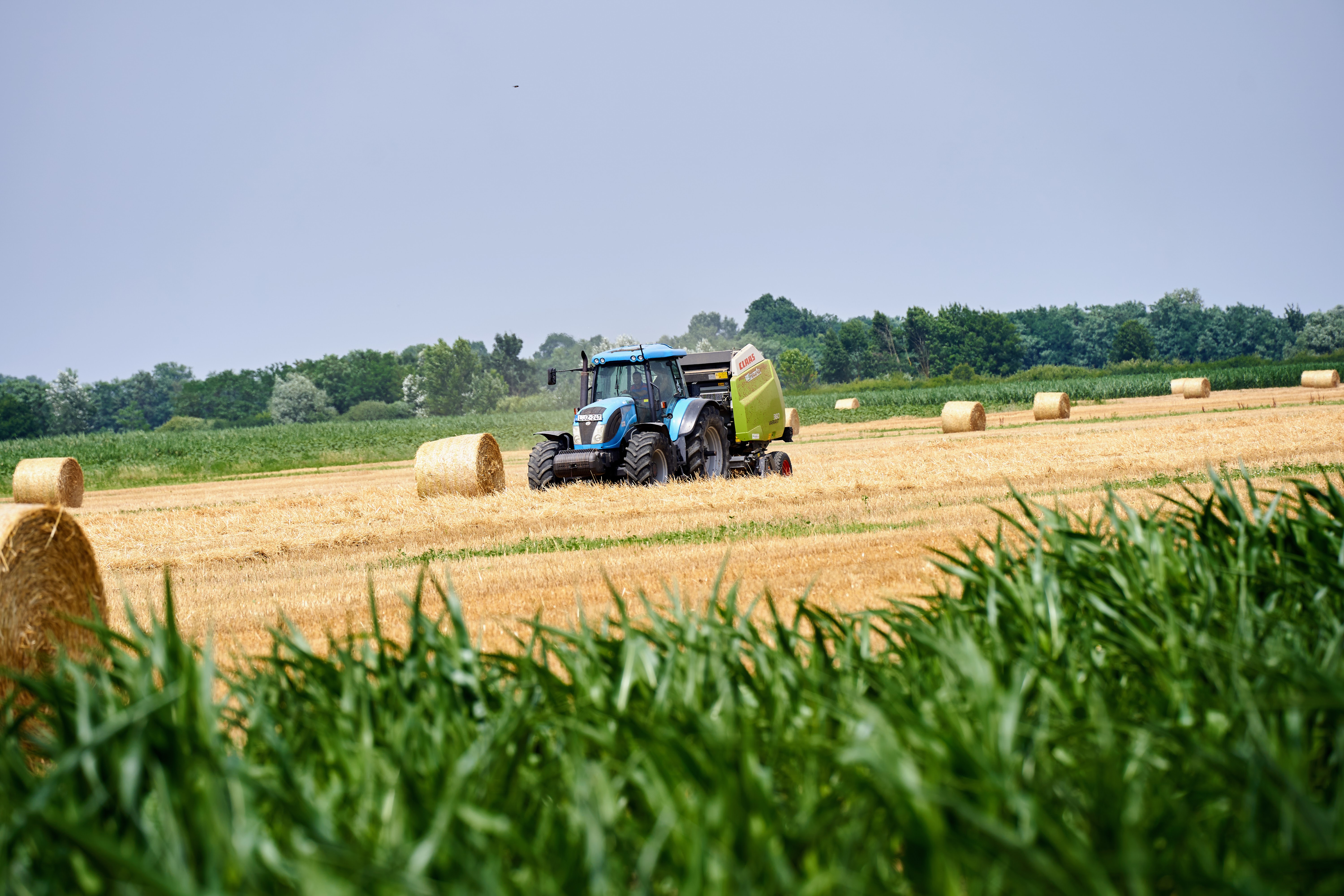For the 2021-2027 Multiannual Financial Framework, the European Commission is calling for the modernisation of the Common Agricultural Policy (CAP). The new CAP has a key role to play in supporting the European agricultural sector, managing the transition to sustainable food production systems and strengthening European farmers' efforts to contribute to the EU's climate objectives and environmental protection goals set in the European Green Deal, and related strategies such as the Farm to Fork, Biodiversity Strategy and the Organic Action Plan.

In their daily lives, farmers encounter the CAP primarily through subsidies and grants, which often have a decisive influence on their management directions. In many cases, however, they are not sufficiently aware of the rules and conditions for implementing certain measures. As the efficiency and competitiveness of agricultural production can be enhanced in line with higher environmental and agro-ecological standards, for farmers to be able to apply these solutions in a professional, effective, successful and sustainable way, it is essential that they understand how they work, the production (and not only support) benefits they can expect from their application, and that they are genuinely convinced to introduce and maintain these methods in production practice. Only then can meaningful progress be achieved, whether it is more efficient use of pesticides, higher yields or less environmental impact. The key to a change in farmers' attitudes is the right transfer of practical knowledge, which requires advisory support, demonstration farms events and forums that bring together actors to transfer knowledge.
Therefore, our main aim is to captivate farmers across the EU by building their knowledge, skills and attitudes on climate change and sustainable development in the context of available funding opportunities and linked good eco-practices, to increase better understanding, responsibility and implementation efficiency. Ensuring a wide range of knowledge transfer programmes - technical and administrative support services, practice-oriented training, demonstration farm events - is one of the most critical conditions for the successful implementation and operation of the new CAP, in order to meet the changing management requirements and efficiently absorb the available funds.
Assessing the farm from an environmental perspective is an essential first step in the transition process. As environmental and sustainability considerations have become more prominent in agricultural policy over the past few decades. However, existing procedures and tools assess the farm at a very high level of abstraction and in many sustainability dimensions, making it difficult for stakeholders to implement the assessment and use the results in practice. In addition, the current tools do not, in most cases, pay sufficient attention to the farmer's skills and attitudes, which can have a decisive influence on the adoption of different environmentally friendly farming methods. Furthermore, there are numerous information resources available which list the available support (subsidy, grant) opportunities and regulations for agricultural producers and rural entrepreneurs, while the availability of information resources on organic farming, climate smart techniques, precision agriculture methods, and other sustainable practices, the reliable and professionally validated data is scarcer, but exists (such as the Organic Farm Knowledge Platform by FiBL). What is especially missing is a common entry point which can display and support decision making from both angles: the available funding mechanisms connected with the required farming methods. In the implementation of green farming techniques, applied research connected with extensionists play a significant role, but they often do not receive an integrated methodological support to guide farmers through the relevant policy changes. Our project aims to fill these gaps.


